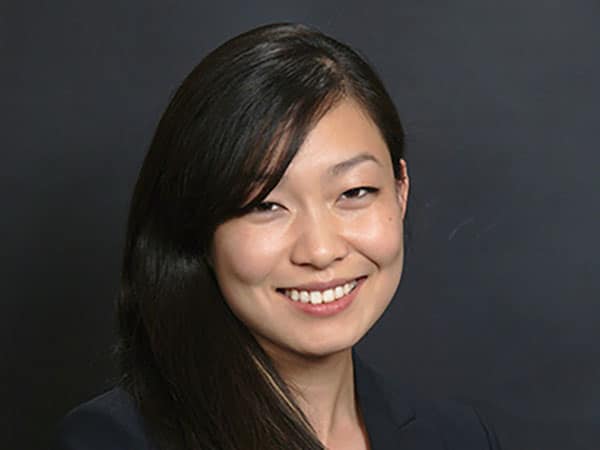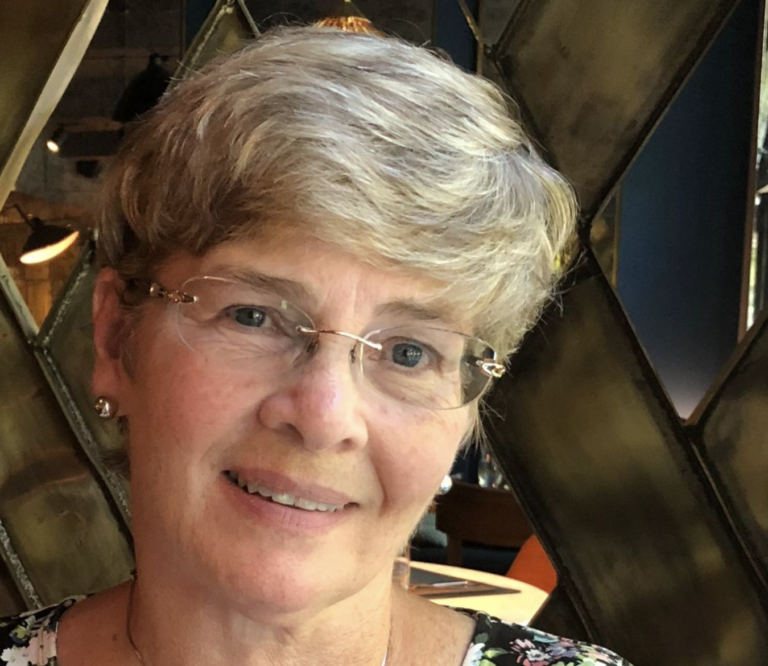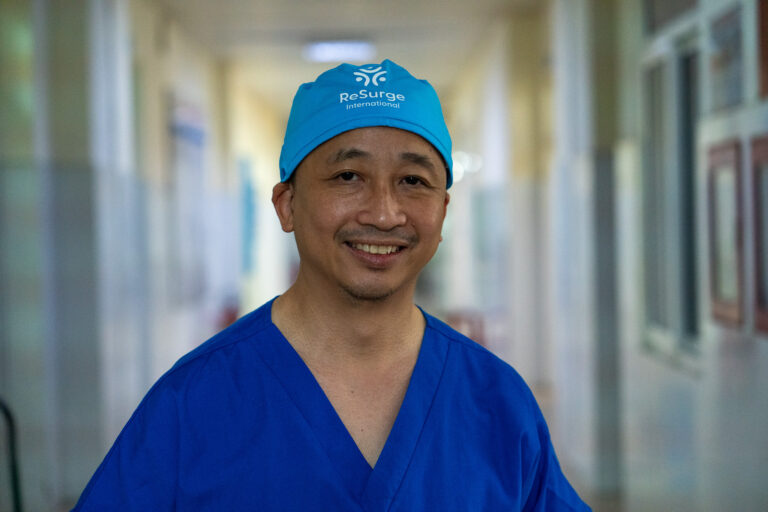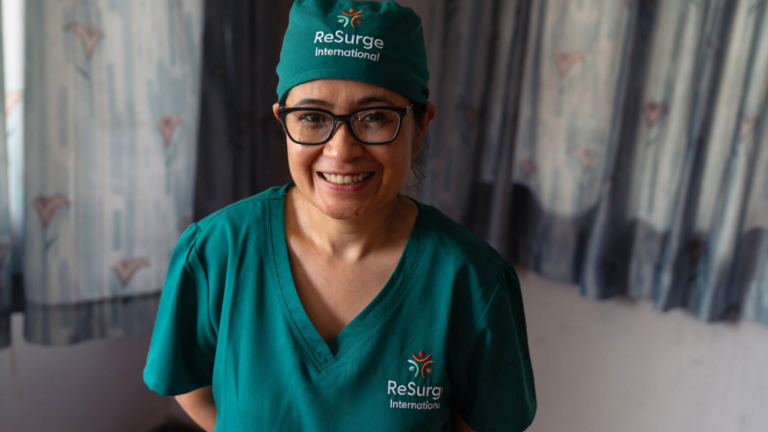Dr. Anna Luan recently completed the Donald R. Laub Fellowship. Named for our ReSurge founder and co-funded by Stanford University, the fellowship allows a fourth-year resident at Stanford’s Division of Plastic and Reconstructive Surgery to work with ReSurge for a year in order to hone reconstructive surgical and research skills. Following is an interview with Dr. Luan:
Q: What did you find most enjoyable about the Fellowship?
Dr. Luan: The Laub Fellowship was a great opportunity in so many ways. I loved traveling and meeting so many of our partners abroad, seeing and treating the incredible patients, working with all of the staff here at the office, and learning so much from everyone. I think what was particularly enjoyable was being able to tie together experiences and observations from individual trips to the macroscopic analyses of ReSurge’s impact on global reconstructive surgery capacity.
Q: What was a key learning that you’ll carry with you in your career?
Dr. Luan: I’ve seen firsthand the tremendous global reconstructive surgical need, and how much we can accomplish by collaborating to train and support local surgeons.
Q: Where did you go during your fellowship?
Dr. Luan: I went to Havana, Cuba; Hanoi and Ho Chi Minh City, Vietnam; Kathmandu, Nepal; Dehradun, India; and Guayaquil, Ecuador. Not bad considering traveling was cut short by the pandemic!
Q: Are there any patient stories that were really memorable?
Dr. Luan: In India, we treated a boy who presented after an infection of a dorsal wrist ganglion cyst, which left a scar over the back of his wrist which over time caused contraction of his wrist into 60 degrees of extension. This severely limited the use of his hand, and he subsequently stayed at home rather than working, going to school, or forming relationships with others. During the trip, we released the wrist contracture and were able to obtain a functional degree of wrist flexion. As tendons were exposed in the wound, which was now rather large, we performed an abdominal flap for coverage of the wound. After discussion of options including skin grafting, regional flaps, and distant flaps, an ipsilateral pedicled abdominal flap was raised and covered the wrist wound perfectly. The abdominal location allows a more comfortable position for his arm to rest while the flap matures for several weeks. He is doing well. The case was an excellent example of a teaching case with multiple principles involved, and a very enriching discussion with the local surgeons about management strategies.
Q: You’ve recently submitted a paper for consideration in medical journals. What is the subject?
Dr. Luan: Our study aims to capture the impact of the training that ReSurge has completed in Vietnam, which is useful to us internally but is also beneficial to the global surgery community by determining whether training trips are effective in improving local surgical capacity. We found that, following 12 visiting educator trips to Vietnam over 5 years, local surgeons performed a total of 2,018 operations corresponding to topics of training, with an 81.5% increase in surgical volume.
Q: How did COVID impact your experience?
Dr. Luan: COVID really provided the impetus for accelerating our virtual education programs and adapting to the changing global circumstances. My last few months during the Laub Fellowship were partially focused on helping to develop and roll out our virtual lectures, which I think will be a lasting integral part of the training curriculum even after this all passes. It has been really exciting to see how we, our volunteers, trainees, and partners have adopted the use of virtual platforms for continuity in education.
Q: What are your future plans?
Dr. Luan: I am now back full-time at clinical duties as a resident in plastic surgery. I will be making some final decisions about specializing soon, but I know that this past year has been truly inspiring and I hope to stay involved with ReSurge and global surgery no matter where I end up in the future.

